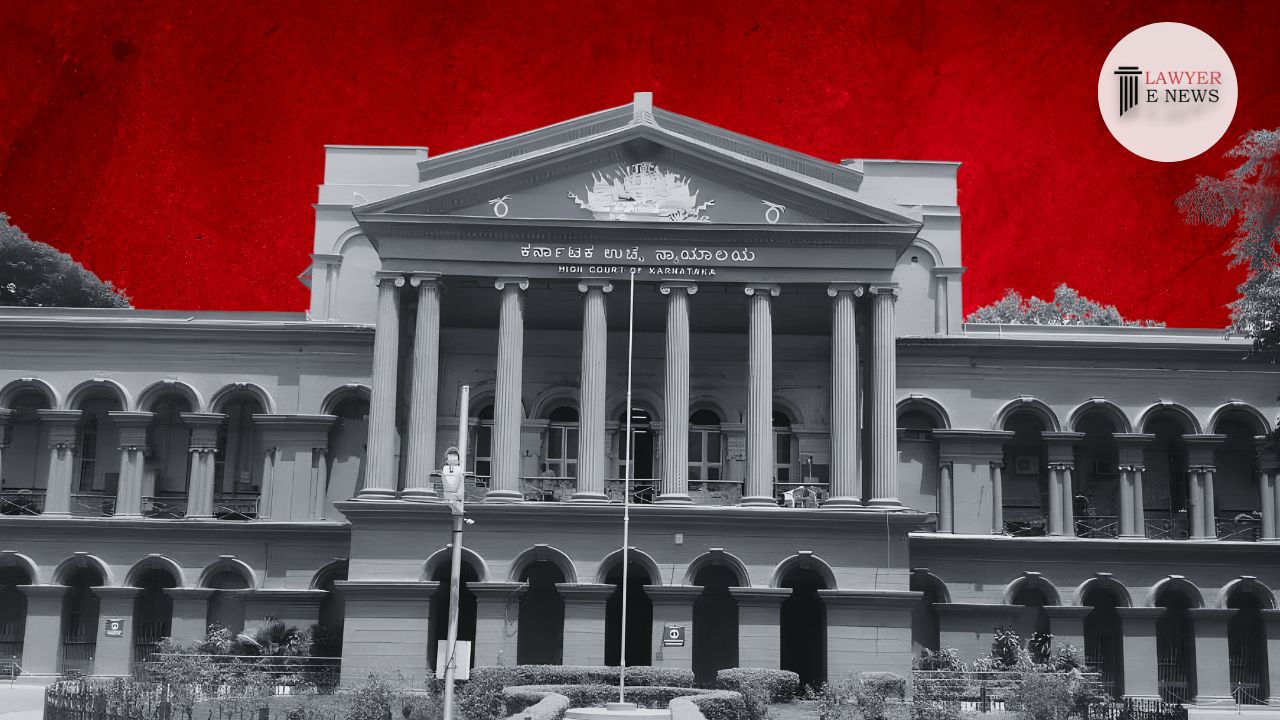-
by sayum
17 February 2026 8:32 AM



The Karnataka High Court in a significant ruling emphasized the statutory presumption under Sections 118 and 139 of the Negotiable Instruments Act, 1881 (N.I. Act) in favor of the complainant in cases of cheque dishonor. The Court held that the issuance of a cheque itself creates a presumption of a legally enforceable debt or liability.
The case involved the appellant, Sri P. Rajashekhar, appealing against the acquittal of the respondent, Smt. Fransina R., by the Trial Court. The appellant had lent Rs. 2,00,000 to the respondent, who issued a cheque that was later dishonored due to insufficient funds. The primary issue was whether the Trial Court's judgment was legally unsustainable and if the High Court's interference was warranted.
The High Court meticulously examined the oral and documentary evidence, emphasizing the relationship between the complainant and the accused and the circumstances under which the loan was made and the cheque was issued. The Court noted the failure of the accused to reply to the demand notice and her inability to provide substantial evidence against the presumption of debt. The Court observed, "Once the issuance of cheque with signature on cheque is admitted, there is always a presumption in favor of complainant that there exist legally enforceable debt or liability."
The judgment extensively referred to the principles under the Negotiable Instruments Act, particularly Sections 118, 138, and 139. It discussed various precedents set by the Supreme Court of India that outline the presumption in favor of the holder of the cheque and the burden of proof on the accused to rebut this presumption.
The Court set aside the acquittal by the Trial Court, convicting the accused under Section 138 of the N.I. Act. The accused was sentenced to pay a fine of Rs. 2,00,000, with a default sentence of simple imprisonment for 3 months. Additionally, Rs. 1,95,000 from the fine was ordered to be paid as compensation to the complainant, with the remaining Rs. 5,000 covering prosecution expenses.
Date: 7th February 2024.
Sri P. Rajashekhar vs. Smt. Fransina R.
